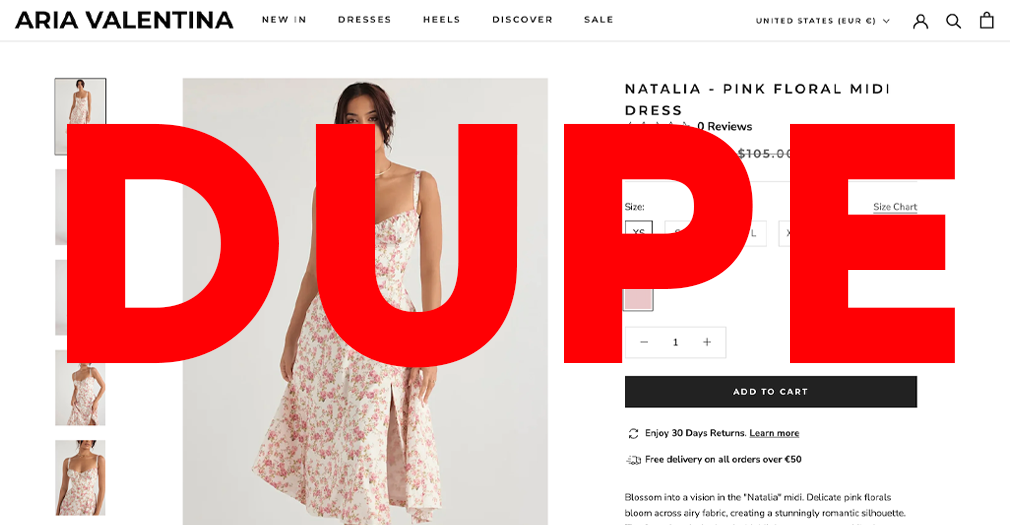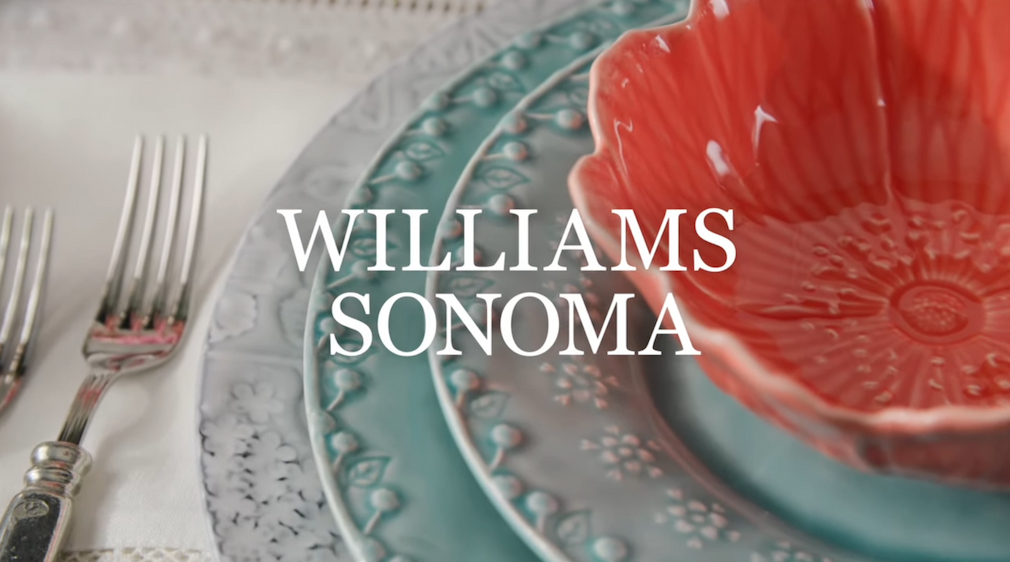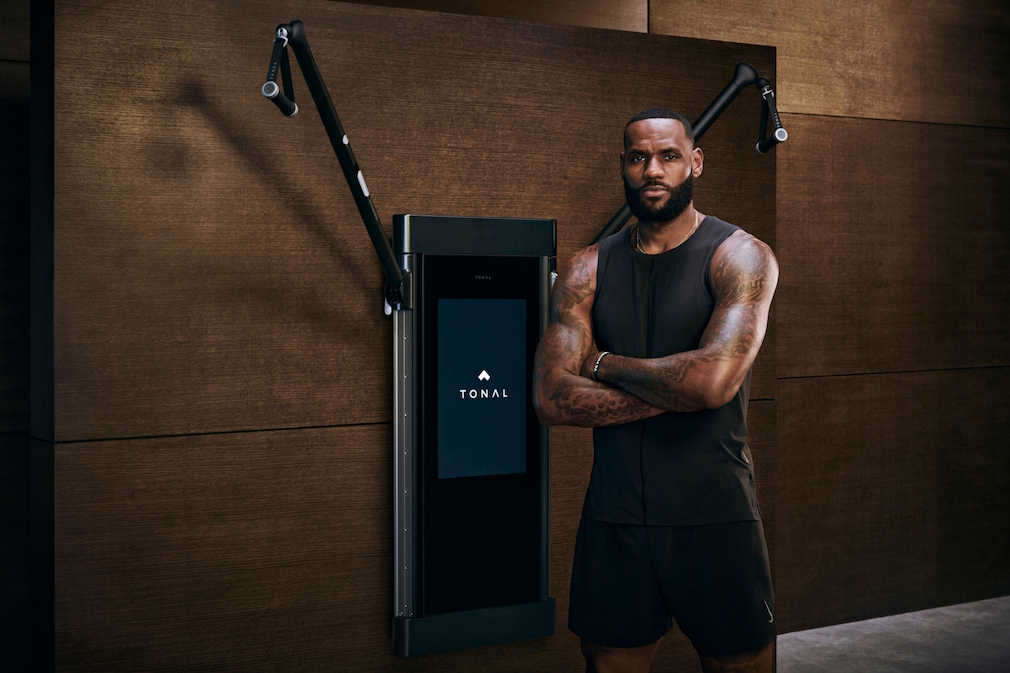
Aria Valentina
Looks can be deceiving.
In November 2017, a federal judge preliminarily approved a settlement that would resolve a false advertising class-action lawsuit against jewelry company Lia Sophia. The complaint, which was originally filed in 2015 and amended in 2016, alleges that Lia Sophia promised to replace any jewelry it sold for as long as the customer owned the jewelry when, according to plaintiffs, the company refused to honor the lifetime guarantee after it shifted to an online-only operation.
The settlement agreement provides relief to customers who purchased jewelry between June 23, 2011 and December 1, 2014, sales advisors who sold at least $250 of jewelry between January 1, 2014 and August 17, 2014, and new sales advisors who purchased a Lia Sophia “initial starter kit” between August 1, 2014 and December 1, 2014. According to the settlement terms, customer class members may receive a cash award based on the amount of money each class member spent on Lia Sophia jewelry, sales advisor class members may receive a cash award based on the amount of sales they made, and new sales advisors may receive a full refund for the cost of the initial starter kit.
A final fairness hearing is scheduled for June 6, 2018. For more information, go to http://www.liasophiasettlement.com/. (West et al v. Act II Jewelry, LLC d/b/a lia sophia et al, Case No. 15-cv-5569, N.D. Ill.)
Looks can be deceiving.
Eric Lagatta, USA Today
Following a complaint by ad watchdog truthinadvertising.org (TINA.org), Pottery Barn’s parent company Williams-Sonoma has agreed to pay more than $3 million for violating a 2020 FTC consent order requiring that…
FTC says civil penalty against Williams-Sonoma is “the largest ever in a Made in USA case.”
The NBA superstar isn’t just cashing endorsement checks.


